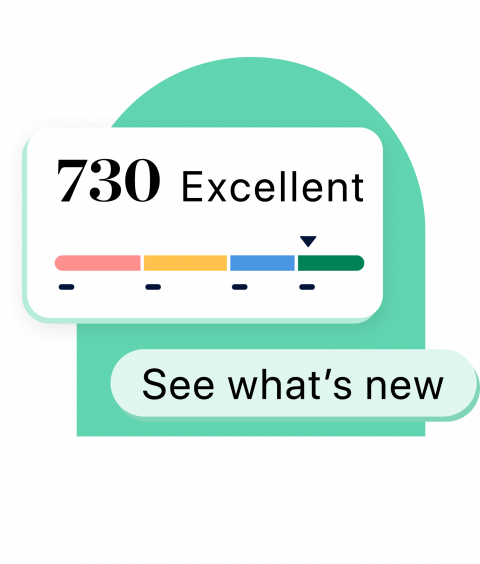Personal Finance
Get expert personal finance advice about budgeting, saving, making money, checking your credit score, paying off debt, lowering your bills and more.
Personal Finance tools
Learn more about credit scores
This ultimate credit score guide can help you learn about your credit and build your score

Personal finance FAQs
Managing money
NerdWallet’s Smart Money Podcast - Your money questions, answered
In each episode, NerdWallet experts answer real-world financial questions, so you can work toward your goals faster and manage your money smarter.
